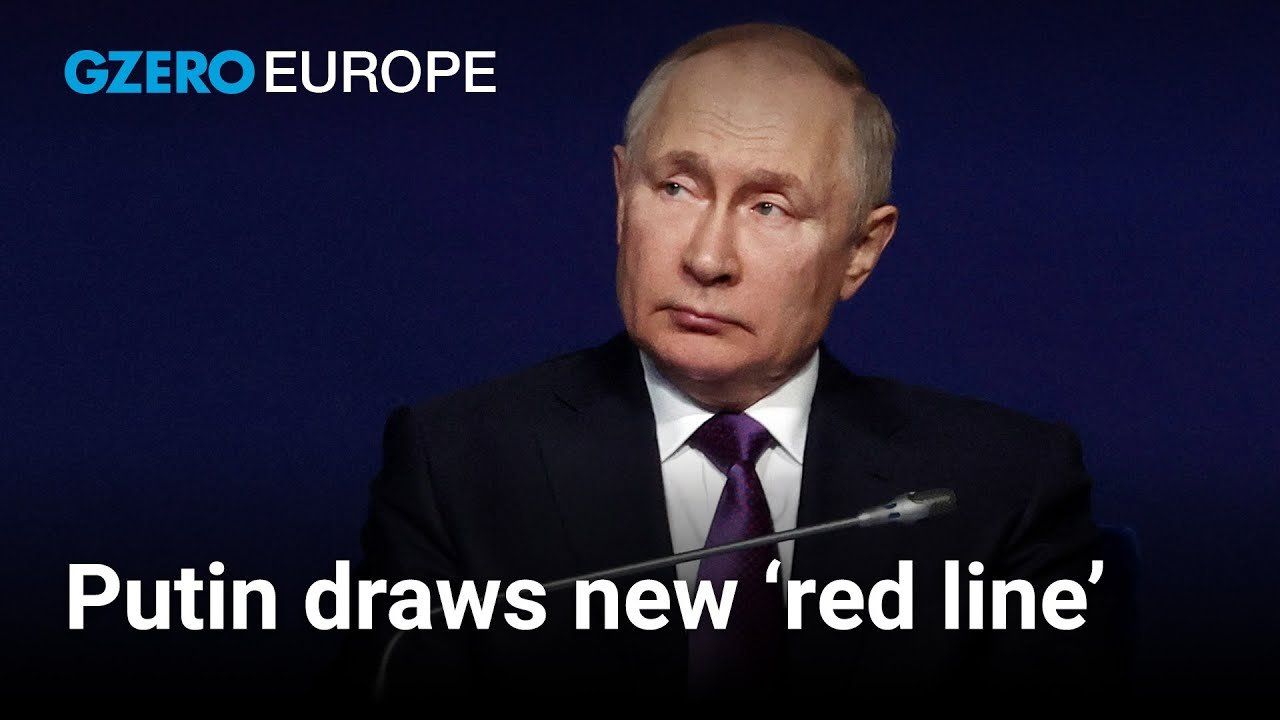October 02, 2024
Carl Bildt, former prime minister of Sweden and co-chair of the European Council on Foreign Relations, shares his perspective on European politics from the Security Forum in Warsaw, Poland.
What are the implications of the revisions to the nuclear doctrine that President Putin of Russia announced last week?
We don't really know, but I would rather see it as a sign of weakness. If President Putin had confidence in the ability of his conventional forces to achieve the aims that he has set for them in his aggression against Ukraine, he wouldn't need to do this. Does it mean that he's intending to use nuclear weapons? Not necessarily. But he wants to remind us of the fact that it's in his arsenal, and I think we know that already.
What are the implications of the victory of the far-right forces in the Austrian elections?
Well, it is quite worrying, I have to say. The far-right Freedom Party is really far-right and really pro-Russian. They got 29% of the vote, a record for them. And whether they will be able to form a government, I think the other parties will try to form a government against them. I think it's going to take a couple of months to see whether that succeeds or not. But the worrying thing is, of course, that there's a risk of the formation of a far-right, nationalist, more neutralistic, you could say, bloc in Central Europe. We already have the Hungarians under Viktor Orbán nearby. We have Bratislava with the government there. There's an election coming up in the Czech Republic next year. So I'm not entirely comfortable, to put it mildly, with what we have seen coming out of the Austrian election.
From Your Site Articles
More For You
- YouTube
At the 2026 Munich Security Conference, entrepreneur and Project Liberty founder Frank McCourt makes the case that the internet, and the AI systems rapidly reshaping it, must be redesigned to serve people, not platforms.
Most Popular
- YouTube
At the 62nd Munich Security Conference, Parag Khanna, founder and CEO of AlphaGeo, says globalization isn't dead, it's evolving. Speaking with GZERO’s Tony Maciulis, he explains that countries are forming flexible alliances that expand and shrink based on their interests. “You’d rather be in the tent...if it suits your interest than not in it,” Khanna notes, highlighting how the US, Europe, and Asia are adapting to shifting global priorities.
- YouTube
Sovereignty has become one of the most powerful, and least defined, words in tech policy. At the 2026 Munich Security Conference, SAP global head of government affairs, Wolfgang Dierker, explains why governments and enterprise customers are demanding more control over their data, cloud infrastructure, and AI systems amid rising geopolitical uncertainty.
- YouTube
On the sidelines of the 2026 Munich Security Conference, Annemarie Hou, Executive Director of the United Nations Office of Partnerships, joined Tony Maciulis to discuss the power of women leaders in global decision-making.
© 2025 GZERO Media. All Rights Reserved | A Eurasia Group media company.
